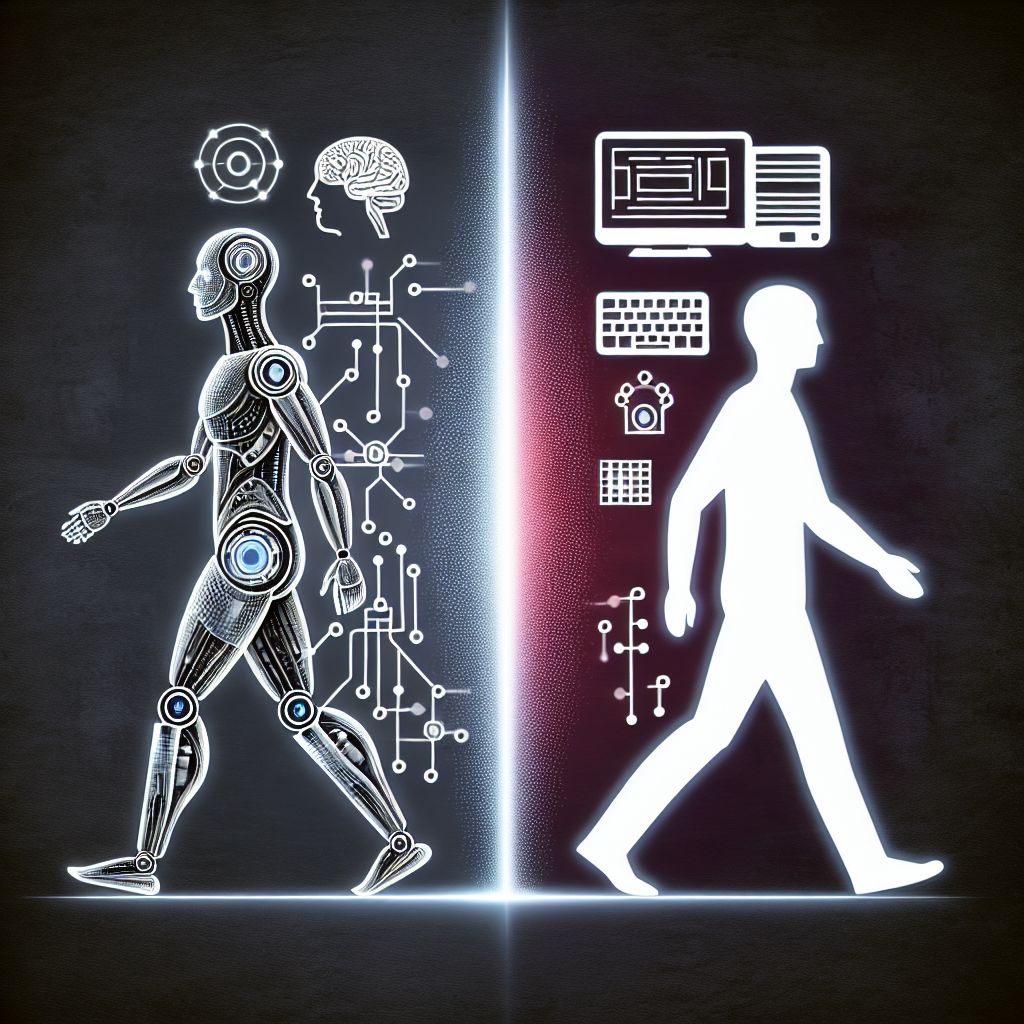Artificial intelligence (AI) and artificial general intelligence (AGI) are two terms that are often used interchangeably, but they actually refer to two very different things. While AI refers to machines that can perform specific tasks or solve specific problems, AGI refers to machines that have the ability to understand, learn, and reason like a human being. In this article, we will explore the differences between AI and AGI, and discuss why AGI is considered the holy grail of artificial intelligence.
AI vs. AGI: Understanding the Differences
AI, as mentioned earlier, refers to machines that can perform specific tasks or solve specific problems. These tasks can range from playing chess to recognizing speech to driving a car. AI systems are designed to perform these tasks by using algorithms and data to make decisions and take actions. However, AI systems are limited in their abilities. They are designed to perform specific tasks and cannot learn or reason beyond the scope of their programming.
AGI, on the other hand, refers to machines that have the ability to understand, learn, and reason like a human being. AGI systems are not limited to specific tasks or problems. Instead, they have the ability to learn from experience, adapt to new situations, and reason about complex problems. AGI systems are designed to think and reason like humans, and are capable of performing a wide range of tasks and solving a wide range of problems.
One of the key differences between AI and AGI is the level of intelligence they possess. While AI systems are designed to perform specific tasks, AGI systems are designed to possess a level of intelligence that is comparable to that of a human being. This means that AGI systems have the ability to understand, learn, and reason like a human being, and can perform a wide range of tasks and solve a wide range of problems.
Another key difference between AI and AGI is the level of autonomy they possess. AI systems are designed to perform specific tasks and are limited in their abilities. AGI systems, on the other hand, have the ability to learn from experience, adapt to new situations, and reason about complex problems. This means that AGI systems have a higher level of autonomy and are capable of performing a wide range of tasks without human intervention.
Why AGI is considered the Holy Grail of Artificial Intelligence
AGI is considered the holy grail of artificial intelligence because it represents the ultimate goal of creating machines that have the ability to understand, learn, and reason like a human being. AGI systems have the potential to revolutionize the way we live and work, and have the ability to perform a wide range of tasks and solve a wide range of problems.
One of the key benefits of AGI is its ability to learn from experience. AGI systems have the ability to learn from their interactions with the world and adapt to new situations. This means that AGI systems have the potential to continuously improve and develop new skills and abilities over time.
Another key benefit of AGI is its ability to reason about complex problems. AGI systems have the ability to reason about complex problems and make decisions based on their understanding of the world. This means that AGI systems have the potential to solve a wide range of problems that are currently beyond the capabilities of AI systems.
FAQs
Q: What are some examples of AI systems?
A: Some examples of AI systems include virtual assistants like Siri and Alexa, self-driving cars, and recommendation algorithms used by companies like Netflix and Amazon.
Q: What are some examples of AGI systems?
A: There are currently no examples of AGI systems, as AGI is still a theoretical concept. However, researchers are working towards developing AGI systems that have the ability to understand, learn, and reason like a human being.
Q: How close are we to achieving AGI?
A: It is difficult to say how close we are to achieving AGI, as it is a complex and challenging goal. Some researchers believe that we are still many years away from achieving AGI, while others believe that we could see the first AGI systems within the next few decades.
Q: What are some ethical considerations surrounding AGI?
A: There are many ethical considerations surrounding AGI, including concerns about privacy, job displacement, and the potential for AGI systems to surpass human intelligence. Researchers and policymakers are working to address these concerns and ensure that AGI is developed in a responsible and ethical manner.
In conclusion, AI and AGI are two very different concepts that represent two different levels of intelligence in machines. While AI systems are designed to perform specific tasks, AGI systems have the ability to understand, learn, and reason like a human being. AGI is considered the holy grail of artificial intelligence because it represents the ultimate goal of creating machines that have the ability to think and reason like humans. Researchers are working towards developing AGI systems that have the potential to revolutionize the way we live and work, and have the ability to solve a wide range of problems that are currently beyond the capabilities of AI systems.

